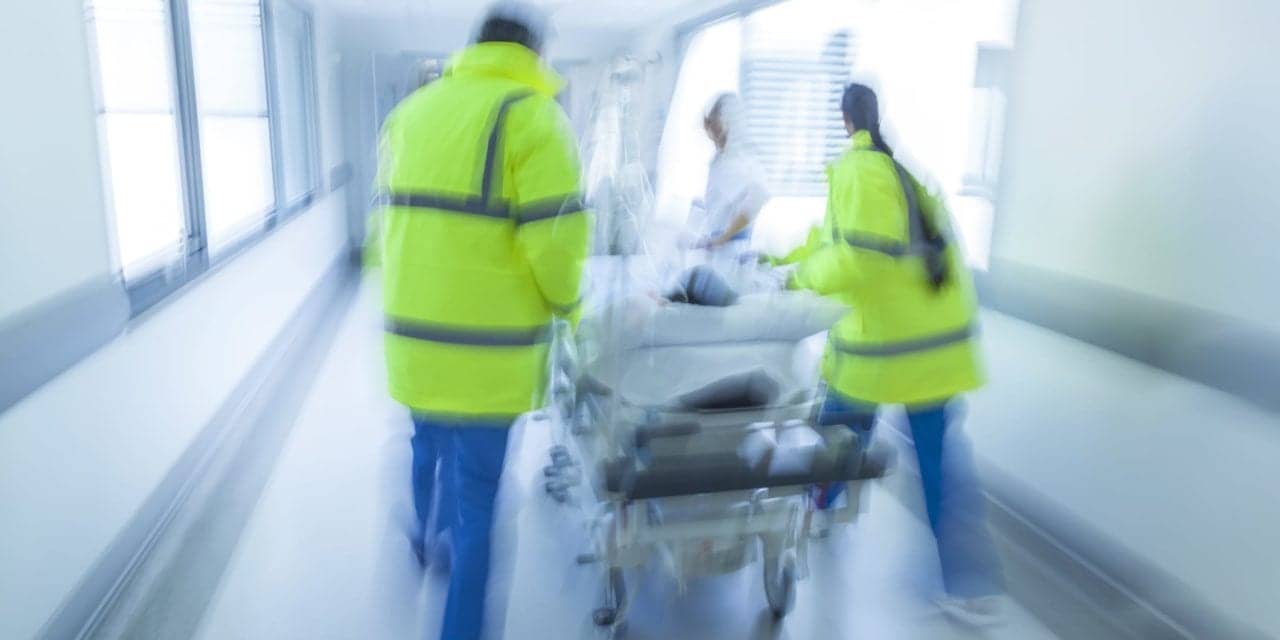Follow-up care after an asthma-related visit to the emergency department (ED) may help prevent future ED visits for children, a new study led by UC San Francisco researchers found.
Past studies on the relationship between asthma-related ED visits and follow-up found either no protective effect, or that follow-up was paradoxically associated with increased ED use, possibly because sicker patients in the ED were more likely to get follow-up but were also more likely to have severe asthma and subsequent visits, the researchers said.
If follow-up were in place for all visits, around 72,000 subsequent ED revisits could be prevented and millions of dollars could be saved, the researchers said.
In the current study, patients 3 to 21 years old who received follow-up care within two weeks of an asthma-related ED visit were 12% less likely to return to the ED for asthma within 60 days, and 13% less likely to revisit for asthma in the next year.
The paper was published online by Academic Pediatrics.
Only 23% of patients in the current study received follow-up care, although clinical practice guidelines recommend all patients be referred for follow-up within a month after an ED visit for asthma. The patients who received it were younger and more likely to have commercial insurance, complex chronic conditions and known asthma from prior ED visits.
“An urgent ED visit for asthma may suggest the child needs daily asthma medications to better control their asthma, or that they are having difficulty avoiding asthma triggers or recognizing symptoms,” said Naomi Bardach, MD, a UCSF pediatrics professor and lead author of the study. “Follow-up visits are an opportunity to educate the family and child on managing their asthma, prescribe new medications if needed, and ensure success in getting prescribed medications.”









